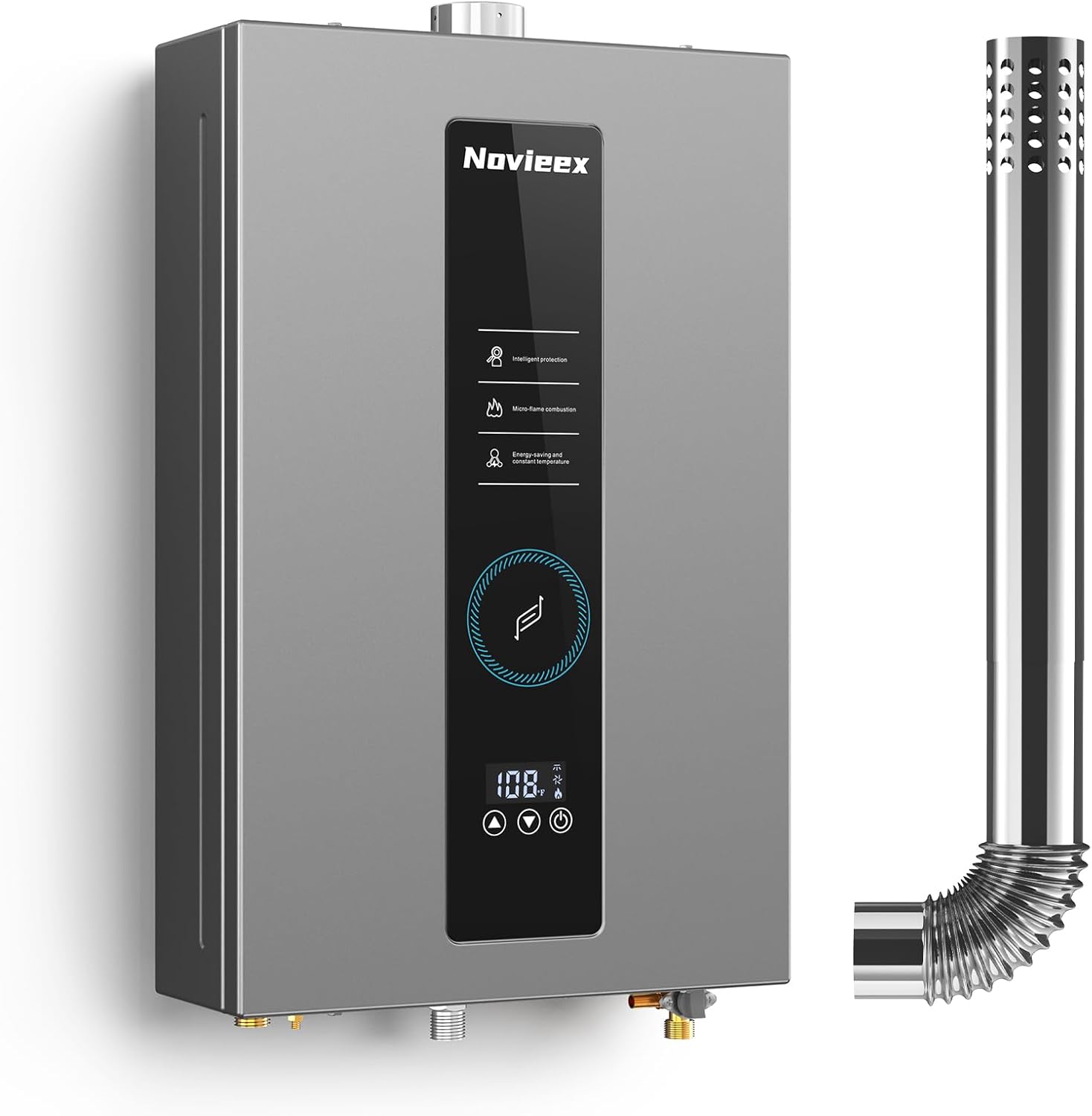The energy consumption of hydronic heating under the floor typically ranges from 30 to 50% less than traditional heating systems, depending on insulation and efficiency.
Hydronic underfloor heating provides efficient warmth by circulating heated water through tubing beneath your floors. This system offers comfort and energy savings compared to traditional heating methods.

How Hydronic Floor Heating Works
Hydronic systems use a boiler to heat water that circulates through flexible tubing installed beneath your flooring. The warm water radiates heat upward through the floor surface, creating consistent warmth throughout the room.
System Components
- Boiler (gas, electric, or solar-powered)
- Pump for water circulation
- PEX tubing network
- Thermostat controls
- Manifold for zone distribution

Energy Consumption Factors
Hydronic systems typically use 15-30% less energy than forced-air heating. Actual consumption depends on several factors:
Key Variables
| Factor | Impact |
|---|---|
| Floor covering | Tile conducts heat best (25% more efficient than wood) |
| Insulation | Proper subfloor insulation reduces heat loss by up to 40% |
| Water temperature | Lower temps (85-140°F) improve efficiency |
| Zone control | Heating only occupied rooms saves 15-25% |
Comparing Heating Systems
Hydronic systems outperform other options in several ways:
Versus Forced Air
- No duct losses (can save 20-30% energy)
- More consistent temperatures
- Better air quality (no allergen circulation)
Versus Electric Radiant
- Lower operating costs (electricity is 3-4x more expensive than gas per BTU)
- Works with multiple heat sources (boiler, solar, heat pump)
- Better for whole-home heating
Energy-Saving Tips
Maximize your hydronic system’s efficiency:
Installation Best Practices
- Use aluminum heat spreaders in dry installations
- Insulate below tubing in all applications
- Consider smart thermostat controls for better regulation
Operation Strategies
- Maintain consistent temperatures (avoid large setbacks)
- Lower water temperature in shoulder seasons
- Pair with solar thermal systems for free heating
Real-World Performance
According to U.S. Department of Energy studies:
- Average home uses 25-50 BTU/sq ft annually with hydronic heating
- Gas-fired systems cost $300-600/year for 1,500 sq ft home
- Electric boilers cost 2-3x more to operate
The American Society of Heating Engineers notes that proper design can reduce energy use by another 15-20%. This includes correct tubing spacing, proper pump sizing, and optimized control strategies.
Maintenance for Efficiency
Keep your system running efficiently with regular care:
- Annual boiler maintenance (clean burners, check efficiency)
- Bleed air from system yearly
- Check pressure and antifreeze levels
- Inspect pumps and valves every 3-5 years

